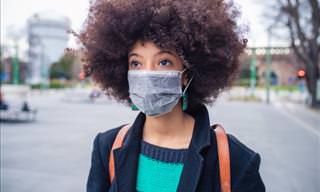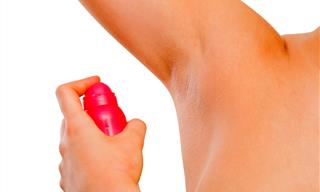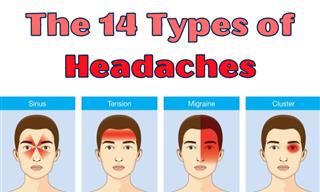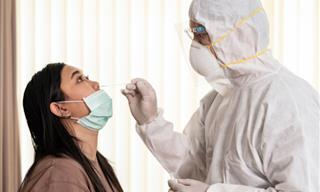You may be aware that there are known cases of Covid-19 reinfection, meaning that a person can get the virus twice, or potentially even more times. With the recent approval of the Pfizer Covid-19 vaccine in several countries now, getting vaccinated in the nearest future is a real possibility, especially if you’re high on the priority list.
This prompts the very logical question - do you need to get vaccinated against the novel coronavirus if you already had the virus in the past? The short answer is - it depends on when you got sick and whether or not you had a mild or asymptomatic case the first time you were sick. More on the topic below.
How long does natural Covid-19 immunity last?
Generally speaking, doctors are still not too sure how long natural immunity to the novel coronavirus lasts. They know that antibody levels in other coronaviruses start to wane quickly a few months after an infection, so the same should be true of COVID-19.
“People probably will become re-infectable based on antibodies dropping when people have been naturally infected. We don’t know what the timing is going to be, though, like how soon they become susceptible to reinfection,” said Otto Yang, a professor of medicine in the division of infectious diseases and of microbiology, immunology and molecular genetics at the David Geffen School of Medicine at UCLA to HuffPost.
The experimental findings we already have seem to also support the claim that immunity to the virus fades away after a few months, as there are at least 28 confirmed cases of reinfection. In fact, reinfection cases appear to be more severe than the first infection, especially in those who were asymptomatic or had very mild cases the first time they were sick. According to Forbes, for example, one 89-year-old Dutch woman who got sick with the virus twice tragically didn't survive the second infection. This is why a genetic study of reinfection with SARS-CoV-2 published in the Lancet Journal, concludes "All individuals, whether previously diagnosed with COVID-19 or not, should take identical precautions to avoid infection with SARS-CoV-2".
What does all of this mean for you? In brief, you could hold off with the vaccination for a few months if you wanted in the case you were sick only recently. That said, 3-4 months after your recovery from COVID-19, you’ll likely need to get vaccinated, according to Onyema Ogbuagu, an infectious disease expert at Yale Medicine, who had participated in the testing of the Pfizer vaccine.
Is it risky to get a COVID-19 vaccine if you were already sick?

According to infectious disease experts like Ogbuagu, there is a theoretical possibility that people who have active antibodies against the novel coronavirus could have an adverse reaction after being administered the vaccine, but there is no actual proof of that being the case. Another possibility is that the vaccine would essentially act as a booster shot for those who already had the virus in the past, which is great, but there is no evidence to support that claim either.
In fact, Pfizer, the creator of the vaccine that’s already being administered worldwide, didn’t include information about the reaction of patients with a previous history of Covid-19 in their clinical trials for the vaccine. That said, the Pfizer vaccine has been suggested to be equally safe for people who already had the novel coronavirus, so that’s definitely reassuring.
Related Article: Here’s What You Should Know About COVID-19 Vaccines
The bottom line is - if you had mild or asymptomatic Covid-19 3-4 months ago, you can and should safely apply for the vaccine, especially since the second Covid-19 infections have been observedly worse than the first in most recorded cases of reinfection. If, however, you have recovered from the virus only recently, you can likely wait for a few months before you get vaccinated.
Share this information with those who might be interested in the topic
 Go to BabaMail
Go to BabaMail


























